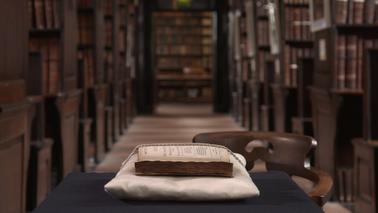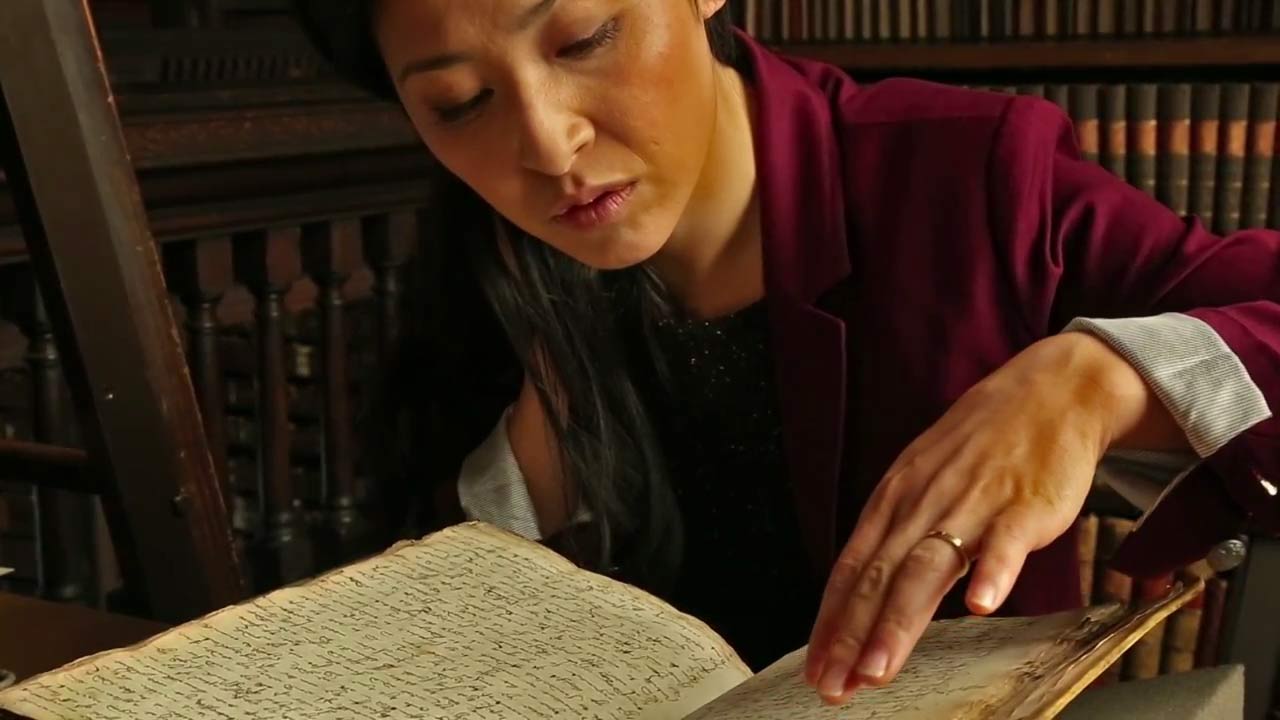)
The full implications of Britain’s recent decision to exit the European Union are hard to predict. But the longer history of independence in Britain helps make sense of this historic event.
Independence has of course long been associated with the Declaration of Independence by the American colonies in 1776. This was followed by a series of other independence movements, with over half the world’s countries celebrating their own independence in the 21st century.
But ‘Independence’ was actually first coined as a phrase (and vigorously defended) in London. UEA’s Dr Polly Ha, from the School of Modern History, has been discovering the earliest debates and controversy over independence in the English speaking world, providing a key to understanding and reinterpreting this central concept of freedom in the modern world.
‘Independence’ polarized opinion when it appeared in the early 17th century. Like modern day Brexit supporters, the earliest ‘Independents’ protested against any sense of outside domination over the will of the people. Radical puritans following Henry Jacob argued for the right of individuals to be free and ‘independent’ of the Church of England. Church of England defendants and fellow puritans alike condemned this idea of liberty as a ‘disease’ and coined the name as a derogatory term of abuse. They believed it would inevitably lead to anarchy. Critics warned that Independence would unleash social unrest across English society. They further threatened that it would shatter the bonds of wider global society.


But it was precisely these heated debates which caused the idea of independence to irreversibly change the course of history. Whilst it belonged to the same family of ideas as the ancient classical world, these early debates over independence in England transformed that tradition by grounding it in scripture. This allowed the potential application of freedom to become universal, cutting across social rank and gender. Moving beyond theories of resistance, these manuscripts legitimized the creation of entirely new self-authenticating societies.

Building on this work, Dr Ha has initiated a major research initiative funded by the Arts Humanities Research Council in collaboration with The Jefferson Foundation, Trinity College Dublin and Rubicon Productions. This multi-platform project explores the global significance, social depth, and flexibility in the concept of independence. Assembling an international research team, it combines the latest academic research with digital humanities, education, and public outreach. The project will also feature in a television documentary produced by Rubicon Productions which will make new connections between the evolution of independence in Europe, Britain and the American colonies. The project website shares all of these outputs with the public, including its online exhibition, academic abstracts and expert interviews.